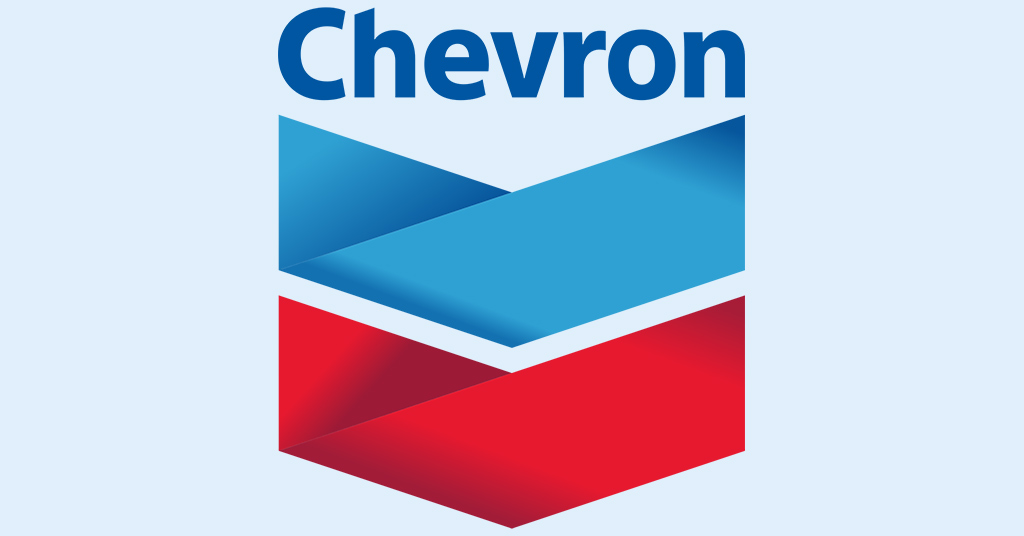Welcome To ChemAnalyst

Chevron has recently made a significant choice to cease its natural gas exports via the East Mediterranean Gas (EMG) pipeline, a vital underwater link connecting Israel and Egypt. Instead, the company has decided to redirect its gas supply through an alternative pipeline route via Jordan, primarily due to growing security concerns related to the ongoing military conflict between Israel and militants situated in the Gaza Strip.
The EMG pipeline spans around 90 kilometers, stretching from the southern Israeli town of Ashkelon, located approximately 10 kilometers north of Gaza, to El-Arish in Egypt. This pipeline plays a pivotal role in linking Chevron's Leviathan offshore gas field to Egypt's natural gas network. In light of the escalating hostilities in the region, Chevron deemed it prudent to shift its gas supplies to an alternative route connected to the Arab Gas Pipeline. This alternate pipeline not only connects the Leviathan field to Egypt but also to Jordan.
Israel's energy ministry has granted approval for Chevron's request to redirect its gas exports through the alternative pipeline. The Tamar gas field, situated off the southern coast of Israel, had to be temporarily shut down following an unexpected attack by Hamas militants in the Gaza Strip. However, Chevron has not yet issued an official statement regarding the situation.
Insiders within the energy industry have suggested that gas exports from Israel's massive Leviathan field to Egypt have experienced a slight reduction. This modification has been made to prioritize gas supplies for the domestic market, although gas exports to Egypt from Leviathan continue to remain close to the established quota.
For several weeks, the Leviathan field has consistently exceeded the agreed-upon volumes specified in its sales agreements, underscoring the robust demand for gas resources within the region.
The Middle East is renowned for its intricacies and uncertainties. Chevron's decision to reroute its gas supplies serves as a poignant example of the challenges confronting energy companies operating in a region where security concerns and geopolitical tensions can wield significant influence on the energy trade. As the conflict unfolds, strategic adjustments like Chevron's diversion of gas supplies are paramount in ensuring the continued availability of essential energy resources.
Chevron's recent decision to halt natural gas exports via the EMG pipeline and reroute them through Jordan is a significant development in the context of the ongoing conflict in the Middle East. It highlights the critical role that energy resources play in the region's stability and the need for strategic adaptations to ensure their continued availability. The situation also underscores the broader transformation of the energy landscape in the Middle East and the delicate balance between domestic and international energy needs.
We use cookies to deliver the best possible experience on our website. To learn more, visit our Privacy Policy. By continuing to use this site or by closing this box, you consent to our use of cookies. More info.
